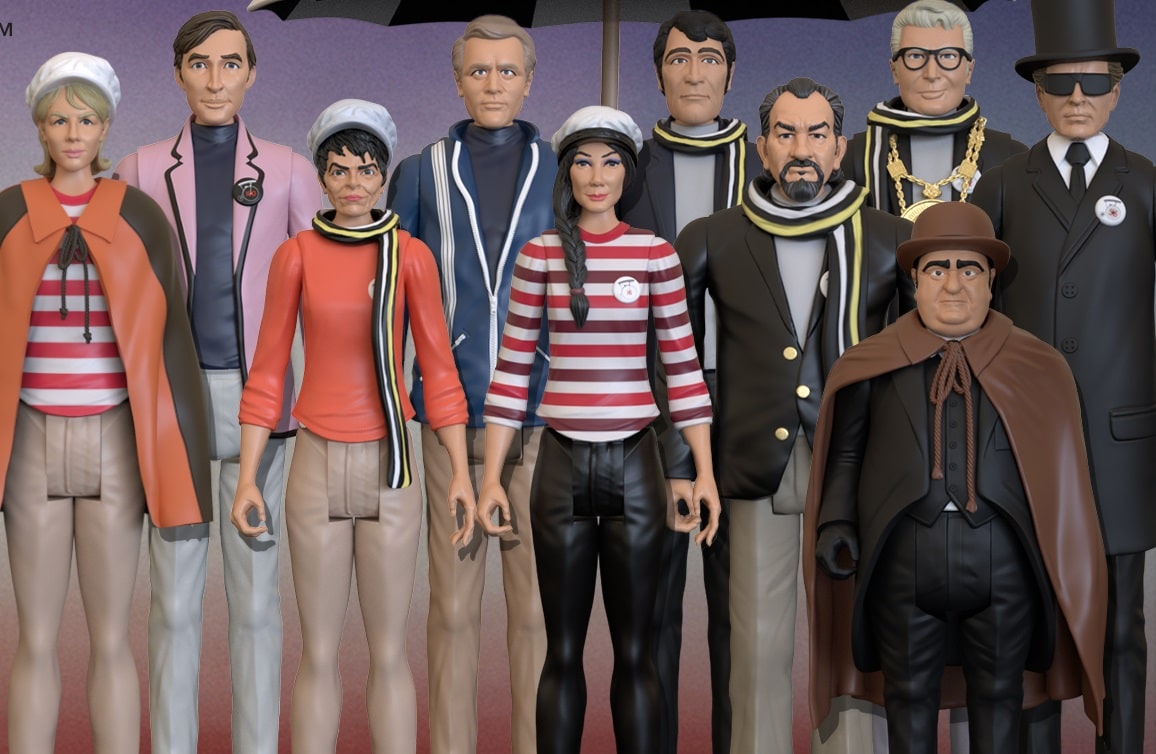There are better ways to know you’re an institution than to have local TV cover your store’s closing, but Zanadu in Seattle attracted the camera’s attention.
The official culprits?
“The reasons for closing are familiar complaints from small business owners: lower sales, a tough business climate in Seattle, no parking, and a customer base who can’t afford to live in the city.”
We’re all too familiar with the lower sales part of the explanation, but that last part about customers not being able to afford to live in the city is something that’s coming up lately. It’s perhaps a little more common in larger cities where the cost of living and rent are rising, but I’ve heard more than one retailer talking about the customers having concerns about their discretionary income and apprehension about their finances in the near future.
Add one more thing to list of what store owners are having to worry about and one more reason to raise an eyebrow when publishers prioritize extracting the maximum amount of dollars from a smaller core of readers over widening the audience. At certain point, you can’t get blood from a stone.
Want to learn more about how comics publishing and digital comics work? Try Todd’s book, Economics of Digital Comics





Publishers do not seem to understand that people operate on budgets of money and time. If they try to expand their line or increase costs across the line, they are forcing readers to make a decision to scale back reading. For some readers this means trimming a few titles, but for other readers it means cutting out whole publishers or quitting altogether. I’ve cut most Marvel, for example, because they double ship too often and regularly charge $4.99 or higher. It’s hard to budget for that, so I just cut a lot of the fat.
Another reason for $15 minimum wage.
i don’t really know how comic shops or any small indie business for that matter are able to survive in high rent urban areas. If your neighborhood hasn’t been gentrified yet, it’ll happen sooner than later. No one can afford anything anymore.
I’ve been a customer with Zanadu since the early 1980’s… right through until today, when I picked up my last pulled order. Saying that I’m going to miss them is a raw understatement.
It’s very depressing that it’s ending; but I hope Perry, Howard, Casey and the rest of the staff are proud of what they created and maintained: a diverse and eclectic shop that was a pleasure to visit and support.
They catered to a lot of different tastes in books — which is pretty impressive, when you remember that Perry started Zanadu in the 70s, when the direct market was in its infancy. The number of industry crisises, shake-ups and downturns he navigated through is, in retrospect, stunning.
The names of new creators and publishers changed over the years, but Zanadu always had their eyes out for the good stuff, and they pointed me towards people like Steve Rude, Carla Speed McNeil and James Robinson.
I’m going to miss their good advice; but I’m going to miss them even more.
Most shops are very dependent on Marvel and DC superhero comics. When those aren’t selling well, it can be hard for shops to survive.
And, yes, the cost of living in large cities keeps going up. I couldn’t afford to live in Nashville, Tenn., the closest large city to me. Nashville is catering to rich yuppies who want to live in high-rise luxury apartments or McMansions. They’re tearing down old working-class and middle-class neighborhoods to make way for those, forcing people who aren’t wealthy to flee the city.
@ Jamie Coville
Seattle passed minimum wage laws in 2015 forcing companies to pay upward to 17.00$ depending on the size of your company. Most of the jobs paying this level of income are entry level low skill positions and not intended to feed families or provide disposable income unless you are living at home with your parents. Expecting anything more from it is naivete.
Comments are closed.